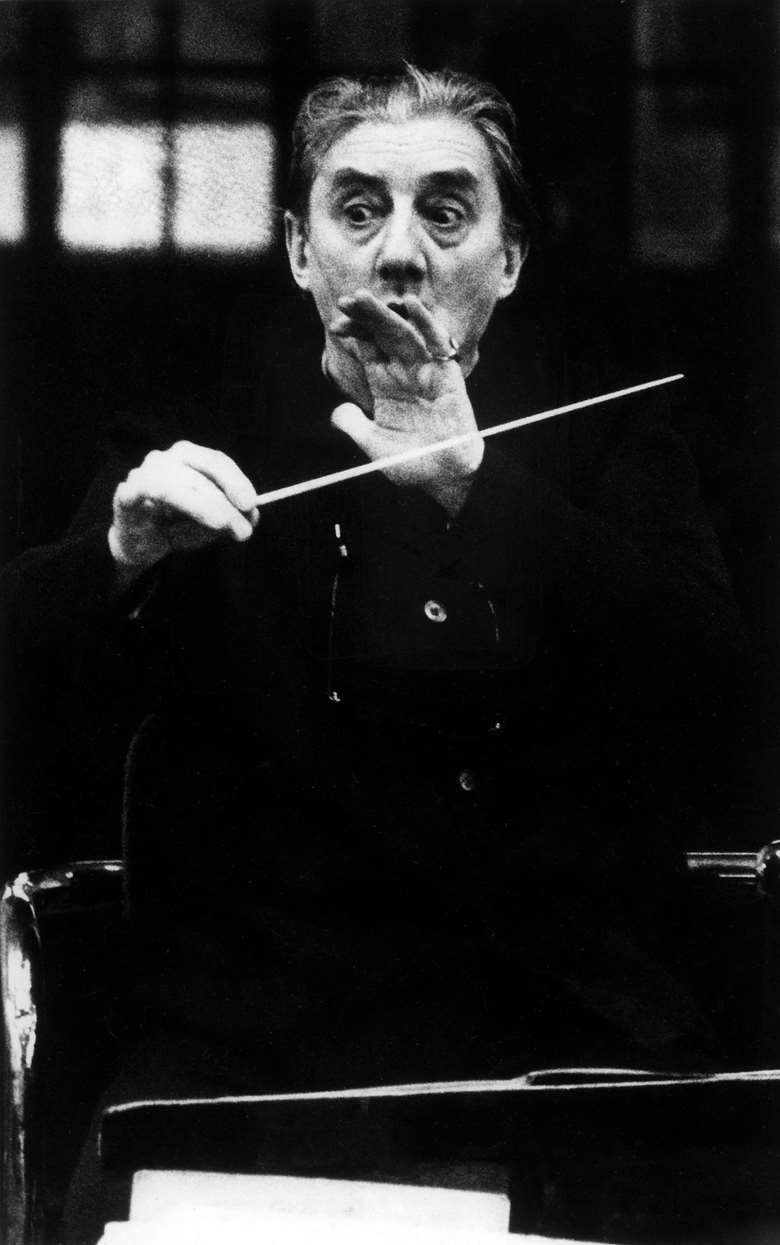Sir John Barbirolli – A Tribute (Gramophone, September 1970) by David Bicknell and Ronald Kinloch Anderson
James McCarthy
Wednesday, March 28, 2012

Register now to continue reading
Thanks for exploring the Gramophone website. Sign up for a free account today to enjoy the following benefits:
- Free access to 3 subscriber-only articles per month
- Unlimited access to our news, podcasts and awards pages
- Free weekly email newsletter








